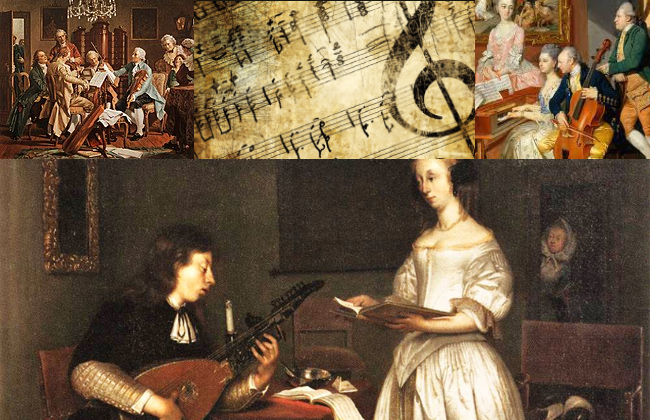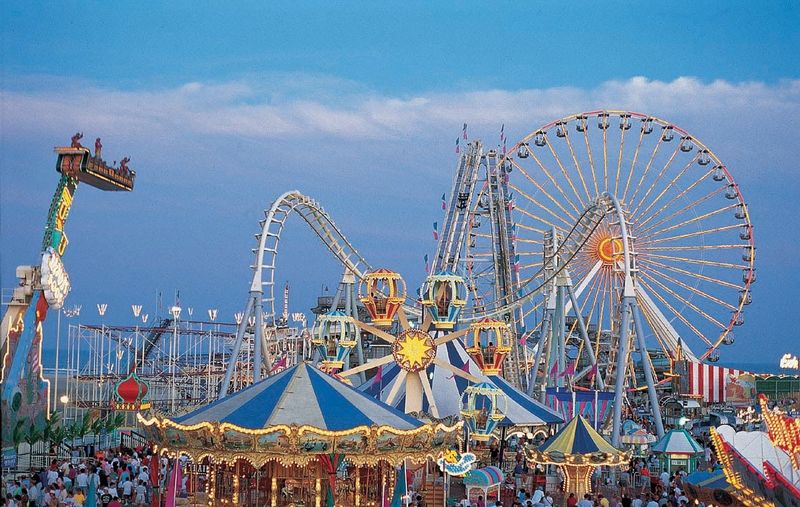Musical history is a long and diverse one, spanning centuries and cultures. From the earliest forms of vocal and instrumental music to the complex compositions of modern times, music has been an important part of human expression and culture. In this article, we will explore some key moments in musical history and their significance.
Early Music: Ancient and Medieval Periods
Music has been a part of human culture since the dawn of time, with early civilizations creating songs and rhythms to accompany important events and rituals. Some of the earliest forms of music were created by the ancient Greeks and Romans, who used music to accompany their plays and other performances.
In the medieval period, the Catholic Church played a significant role in the development of music. Gregorian chant, a form of plainchant that was used in religious ceremonies, was created during this time. It featured a single vocal line that was sung in unison by a choir, and it was designed to be simple and reverent.
Renaissance Music
The Renaissance period, which began in the 14th century, was a time of great cultural and artistic development. During this period, music evolved significantly, with composers creating more complex and intricate pieces.
One of the most significant developments during this time was the creation of polyphony, which is the use of two or more independent melodic lines in music. Composers like Josquin des Prez and Giovanni Pierluigi da Palestrina were known for their complex polyphonic compositions, which were often sung in a cappella choirs.
Baroque Music
The Baroque period, which began in the early 17th century, was characterized by ornate and elaborate compositions that featured intricate harmonies and melodies. Composers like Johann Sebastian Bach and George Frideric Handel were known for their complex and highly structured works, which often featured a range of instruments.
During this period, the development of opera was also significant. Opera is a form of musical theater that combines music, singing, and acting, and it was first created in Italy in the late 16th century. Composers like Claudio Monteverdi and Georg Philipp Telemann were known for their contributions to the development of opera.
Classical Music
The Classical period, which began in the mid-18th century, was a time of great change in music. Composers like Wolfgang Amadeus Mozart and Ludwig van Beethoven created works that were more focused on simplicity and clarity, and that emphasized the importance of melody and form.
During this time, the development of the symphony was also significant. A symphony is a large-scale orchestral composition that typically consists of four movements. Composers like Franz Joseph Haydn and Wolfgang Amadeus Mozart were known for their symphonies, which were often performed in public concerts.
Romantic Music
The Romantic period, which began in the early 19th century, was characterized by a focus on emotion and individual expression. Composers like Frederic Chopin and Franz Schubert created works that were more personal and introspective, and that often featured strong emotional themes.
During this period, the development of the piano was also significant. The piano is a keyboard instrument that was first created in the early 18th century, and it quickly became popular with composers and performers. Composers like Frederic Chopin and Franz Liszt were known for their virtuosic piano compositions, which often featured complex and intricate melodies.
20th Century Music
The 20th century was a time of significant change in music, with composers and musicians experimenting with new forms and techniques. Some of the most significant developments during this time included the creation of atonal music, which is music that does not have a tonal center, and the development of electronic music
![]()





